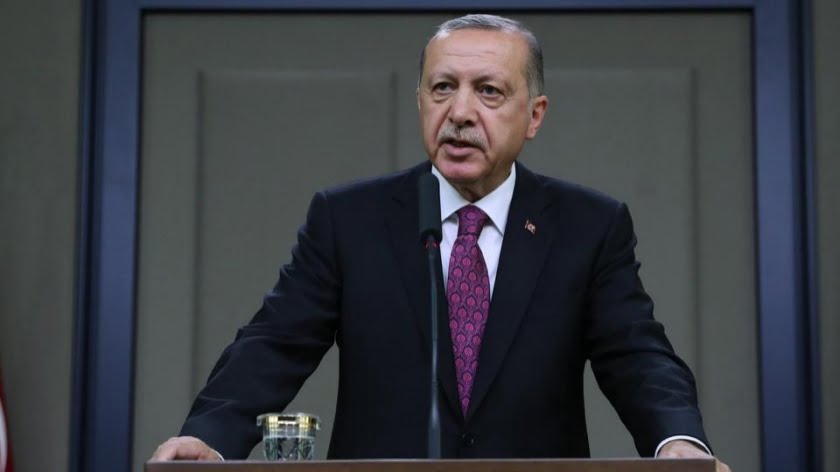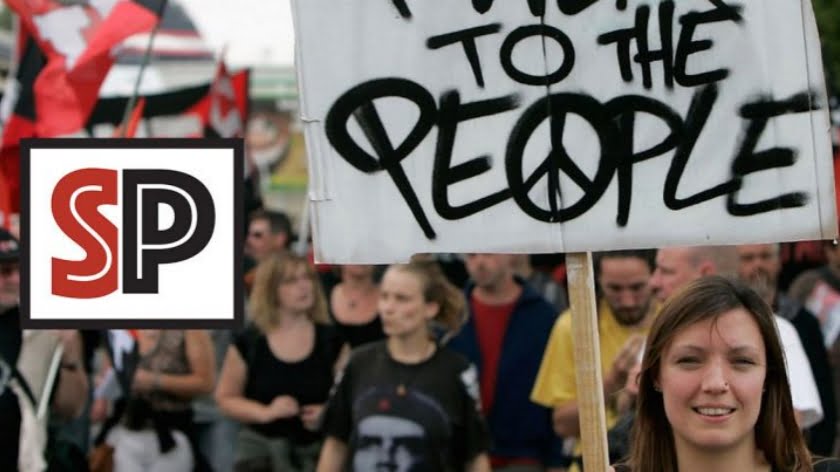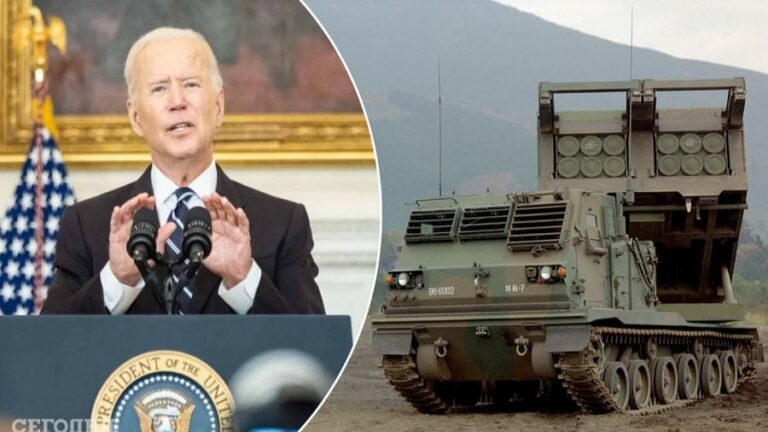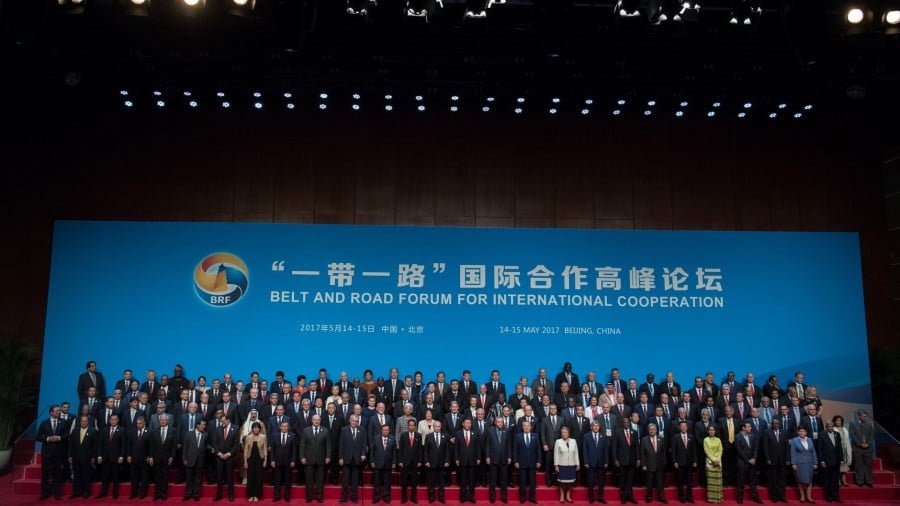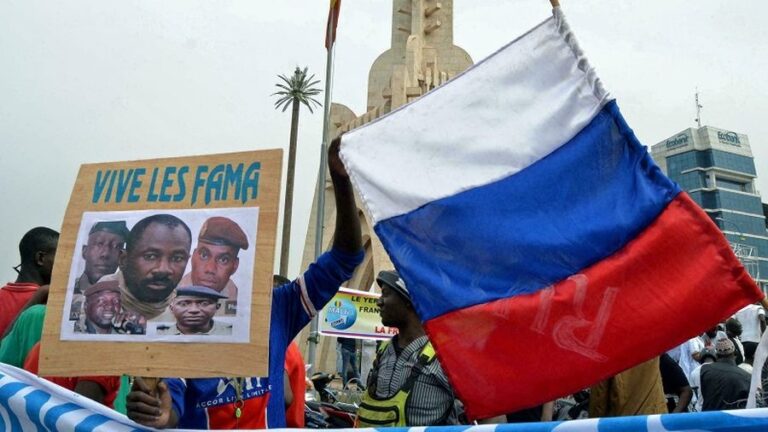Putin Inviting Erdogan to Crimea Will Earn Him Soft Power Points in the “Ummah”
President Putin invited his Turkish counterpart to the opening of the Central Mosque in Crimea.
The offer was made over the weekend when the Russian leader visited the peninsula to commemorate the fifth year of its historic reunification with the Motherland, during which time he said in response to the idea publicly raised by the Mufti of Crimea’s Muslims that “He knows about that and, as far as I understand, he is very positive about this invitation. We’ll wait and see if he has the time and opportunity to arrive here.” President Erdogan has yet to indicate his intent to accept the invitation by the end of the year when the mosque is expected to be completed, but the fact that he was even invited to attend its opening is significant in and of itself because it confirms the intimate depth of the Russian-Turkish Strategic Partnership that both Great Powers are now harmonizing their inter-religious relations with one another after centuries of fighting over this very issue.
Not only that, but it also suggests that President Erdogan has tempered his previously critical comments about Crimea’s reunification and is open to de-facto recognizing this geopolitical fact if he does indeed attend the opening ceremony. He might not, though, because of Western pressure upon him to at least notionally retain unity with NATO’s position that this historic event was a so-called “illegal annexation”, which is why President Putin preemptively included a face-saving excuse to opt out of the invitation by saying that “we’ll wait and see if he has the time and opportunity to arrive here”. Even so, the message is clear, and it’s that one of the world’s most well-known Muslim leaders is apparently on such excellent terms with Russia that President Putin thought it fitting to invite him to such a symbolic event.
This speaks to Moscow’s motivation to counter the so-called “Clash of Civilizations” narrative – which is mostly a geostrategic blueprint for dividing and ruling the Eastern Hemisphere in the 21st century – with a “Convergence of Civilizations” by showcasing Crimea’s Muslim heritage in majority-Orthodox Russia as the perfect example of Christian-Muslim cooperation. That message could powerfully reverberate throughout the entire international Muslim community (“Ummah”) and complement Russia’s post-Crimean “Ummah Pivot” in recent years towards North Africa, West Asia, and South Asia after it came under sustained Western pressure following the reunification. The end result of that symbolic gesture could therefore be that Russia increases its goodwill within the “Ummah” and spreads its soft power further throughout the “Global South”.
By Andrew Korybko
Source: Oriental Review

